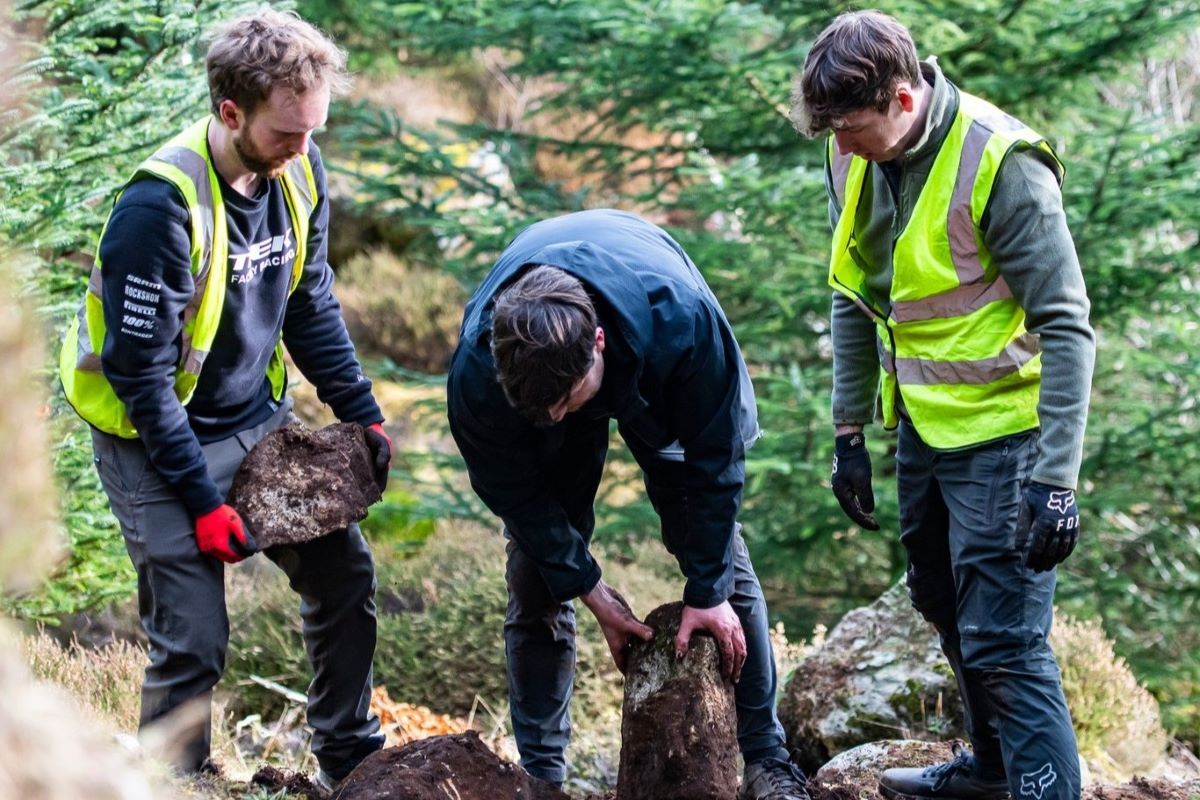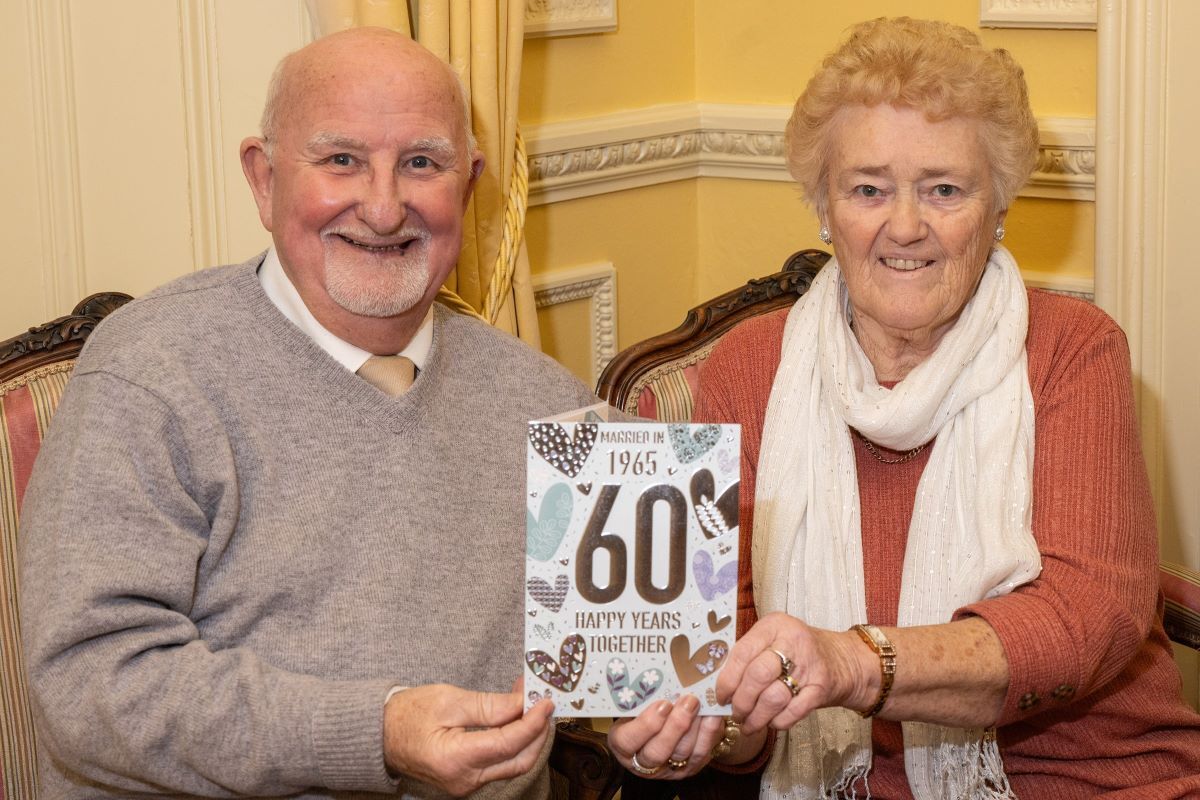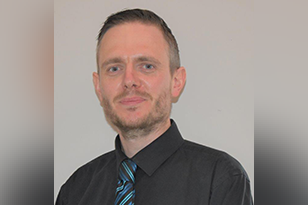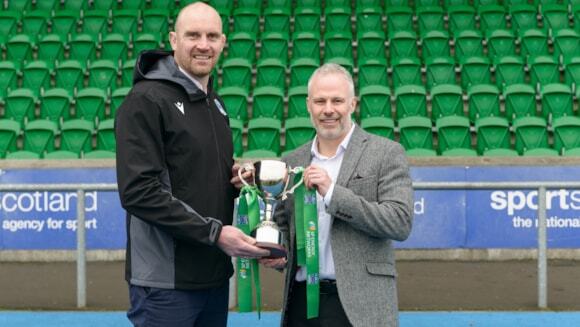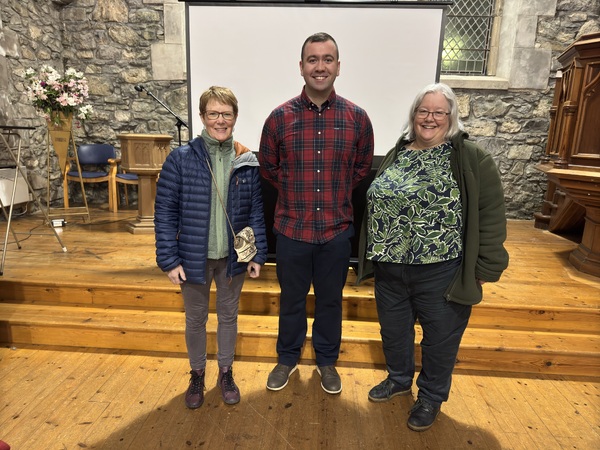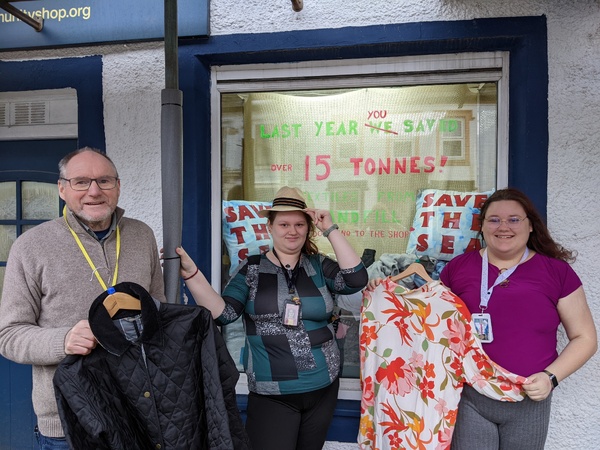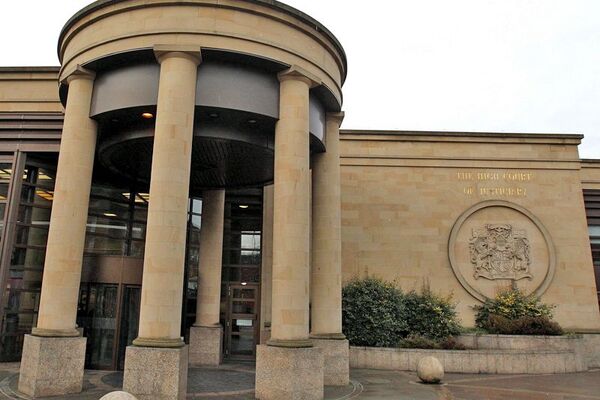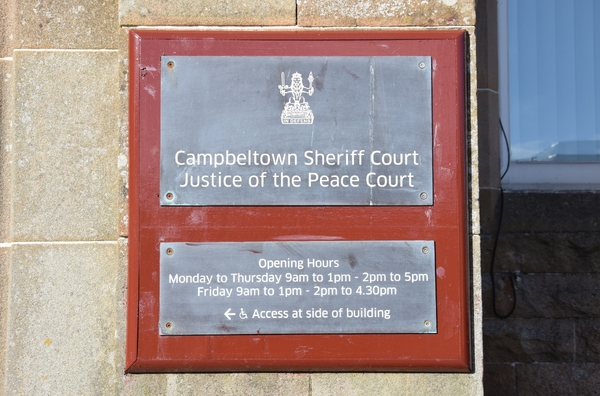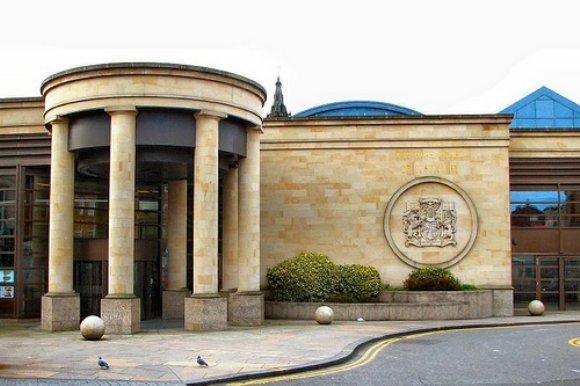Man accused of Skye murder "not significantly impaired" by mental disorders, court hears
A man accused of murdering his brother-in-law was not significantly impaired in his ability to control his actions by mental disorders, a psychologist told a court on Monday.
The High Court in Edinburgh heard that one expert considered that at the time of the alleged murder Finlay MacDonald had undiagnosed autism spectrum disorder, personality disorder and was experiencing low mood and anxiety.
Advocate depute Liam Ewing KC asked forensic psychologist Lorraine Johnstone if the disorders, conditions and traits suffered by MacDonald as a whole on August 10, 2022 were taken into account would it have significantly impaired his ability to control his actions. She replied: "No, I don’t think they did."
She told the court: "I think, on the whole, the autism is relevant, but not to the level and degree that it can account for his behaviour."
She said MacDonald said he knew he had done wrong when he attacked his wife and could not see a future for himself. He armed himself with additional weapons and then set off motivated by a desire to confront others with whom he felt aggrieved.
MacDonald’s wife Rowena MacDonald was found to have sustained nine stab wounds after she was flown to a Glasgow hospital from the Isle of Skye.
The High Court in Edinburgh heard she suffered injuries to her chest and liver that were a danger to her life, and that after Mrs MacDonald was taken by air ambulance to the Queen Elizabeth hospital she remained in hospital until September 12, with chest drains inserted during treatment.
Jurors were told in agreed evidence that MacDonald’s brother-in-law, John MacKinnon, suffered three shotgun wounds to his chest, abdomen and thigh. The cause of death was given as shotgun wound to the chest.
Retired osteopath John MacKenzie was flown by air ambulance from Dornie, in Ross-shire, to Raigmore hospital, in Inverness. He was in a critical condition and underwent emergency surgery. It was found that part of one of his kidneys was blown away. He later underwent two further operations.
His wife Fay sustained multiple small wounds from shotgun pellets among other injuries.
MacDonald, 41, is accused of attempting to murder his wife Rowena, 34, on August 10, 2022 at the family home at Tarskavaig, on the Isle of Skye, by repeatedly stabbing her.
The marine engineer is also accused of murdering his distillery worker brother-in-law John MacKinnon on the same day at his home in Teangue, on Skye, by firing a shotgun at him.
He is further alleged to have attempted to murder retired osteopath John MacKenzie and his wife Fay, both 65, at their home in the Highland village of Dornie by discharging a shotgun at them.
MacDonald has pleaded not guilty to the charges and lodged a special defence to the murder charge maintaining at the time of the alleged offence his ability to determine or control his conduct was substantially impaired by abnormality of mind.
The trial before judge Lady Drummond continues.
Latest News
JOBS
Fish Health & Welfare Technician - Kames
Kilmelford, Oban£27,750 to £32,250 per annum
Business Development Manager - Highland Broadband
Inverness Area, IV13, IV63£32,000 to £35,000 per annum
Sign up to our daily Newsletter
Permission Statement
Yes! I would like to be sent emails from West Coast Today
I understand that my personal information will not be shared with any third parties, and will only be used to provide me with useful targeted articles as indicated.
I'm also aware that I can un-subscribe at any point either from each email notification or on My Account screen.
Accept
Cancel
You may also like
Latest News
JOBS
Fish Health & Welfare Technician - Kames
Kilmelford, Oban£27,750 to £32,250 per annum
Business Development Manager - Highland Broadband
Inverness Area, IV13, IV63£32,000 to £35,000 per annum



